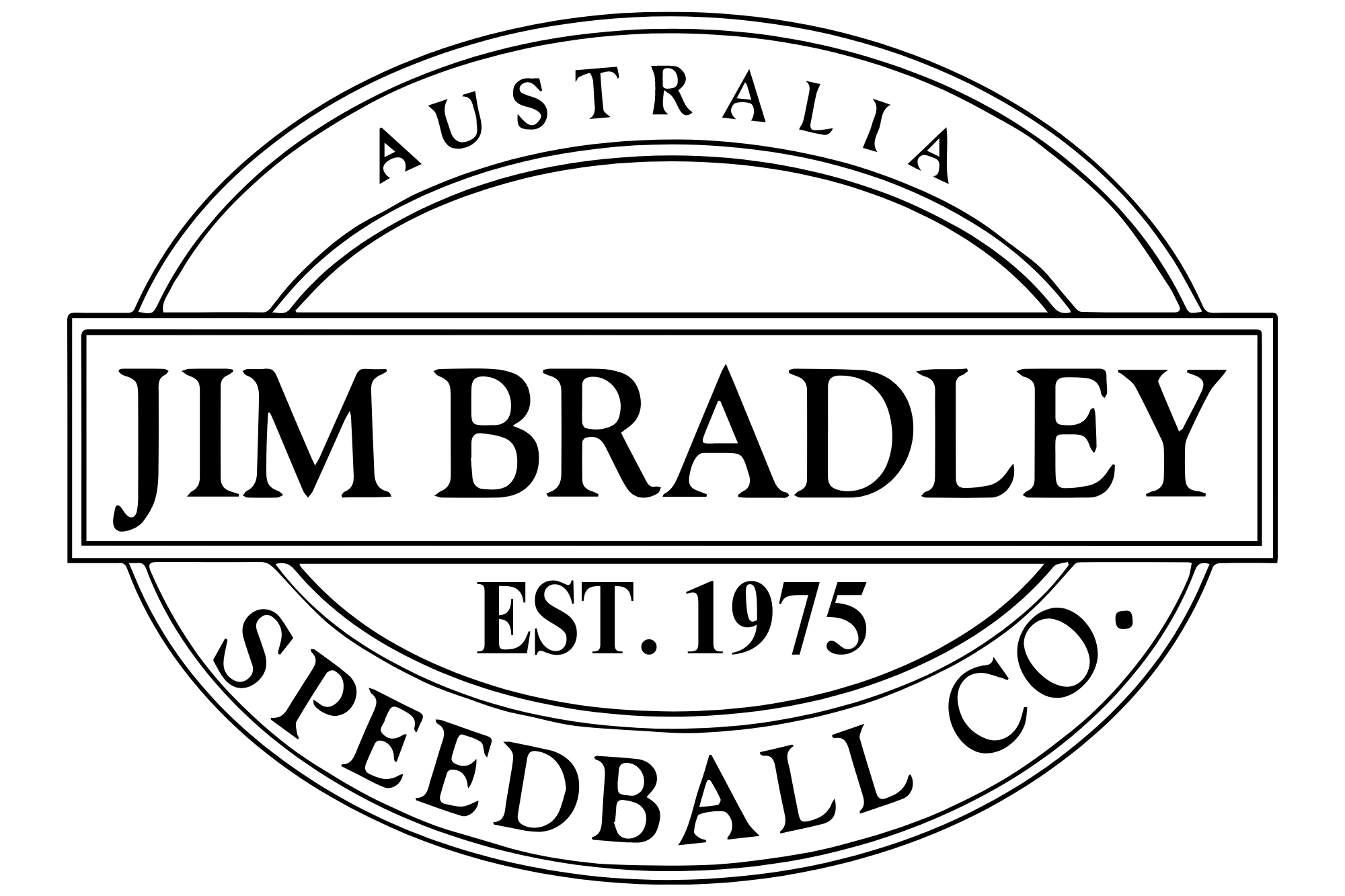Boxing Nutrition:
Fueling Your Body for Optimal Performance
For boxers, nutrition is just as crucial as the hours spent in training. Whether you're an amateur or a seasoned fighter, what you eat has a direct impact on your energy levels, recovery, and overall performance. A well-balanced diet tailored to your training routine can help you maximize your potential in the ring.
Key Nutritional Components for Boxers
Carbohydrates for Energy
Carbohydrates are essential for fueling high-intensity workouts. Boxers need a steady supply of energy to power through rounds in the ring, making complex carbs like oats, brown rice, and whole grains a must-have in your diet. Before training or a fight, ensure your body is stocked with these energy-boosting foods to maintain endurance and stamina.
Proteins for Muscle Repair and Recovery
After an intense training session, your muscles need to recover and rebuild. Lean proteins such as chicken, fish, turkey, and plant-based sources like beans and lentils are ideal for helping your body repair tissues. For boxers, consuming protein after a workout is key to faster recovery and maintaining muscle mass.
Fats for Sustained Energy
While fats often get a bad rap, they play a crucial role in providing long-lasting energy during low-intensity phases of training. Healthy fats from sources like avocados, nuts, and olive oil should be part of every boxer’s diet to support overall body function and provide a slow-burning source of energy.
Hydration for Performance and Recovery
Staying hydrated is critical for boxers, especially with the amount of sweat lost during intense training sessions. Dehydration can significantly impact performance, so it’s important to drink water regularly throughout the day. On training days, adding electrolytes to your hydration plan can help replace what is lost through sweat and keep your muscles functioning properly.
Timing is Everything
Boxers must be mindful of when they eat. Eating too close to a training session or a fight can make you feel sluggish or cause discomfort. Ideally, you should aim to eat a meal 2-3 hours before training, focusing on carbs and lean protein. A smaller snack, such as a banana with peanut butter, can be consumed about 30 minutes before to top off your energy reserves.
Post-training nutrition is just as important. A protein-rich meal within an hour after training helps kickstart the muscle recovery process. Adding carbs to this meal ensures glycogen stores are replenished, preparing you for your next session.
Supplements: Do You Need Them?
While a balanced diet should provide most of the nutrients you need, some boxers benefit from supplements like protein shakes, multivitamins, or omega-3 fatty acids. Supplements can help fill any gaps in your diet, especially if you have higher nutritional needs due to intense training. However, always consult with a healthcare professional before incorporating new supplements into your regimen.
Final Thoughts
Your diet is a powerful tool in your boxing training. With the right balance of carbohydrates, proteins, fats, and hydration, you can enhance both your performance and recovery. Whether you're stepping into the ring for the first time or preparing for a major fight, fueling your body correctly is essential for reaching peak performance.
At Jim Bradley Speedball, we’re passionate about helping you achieve your boxing goals with top-notch gear. Check out our collection of speedballs, boxing gloves, and punching bags to complement your nutrition plan and elevate your training experience!
